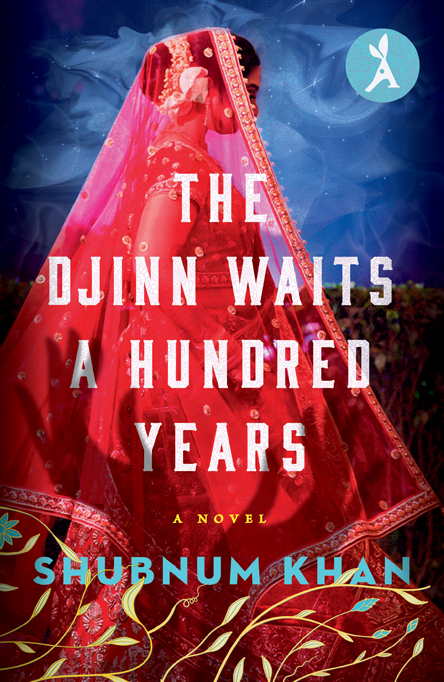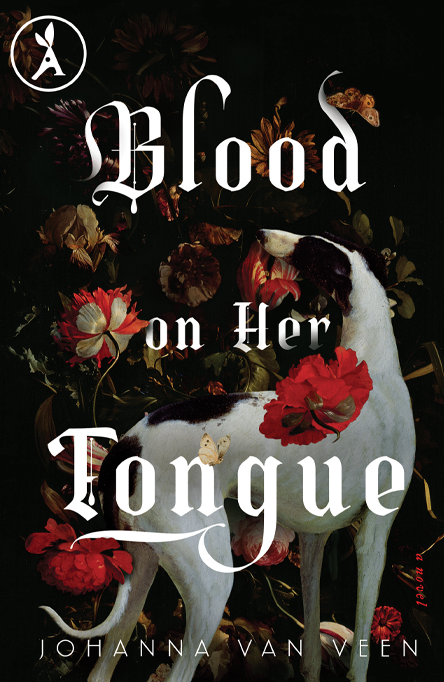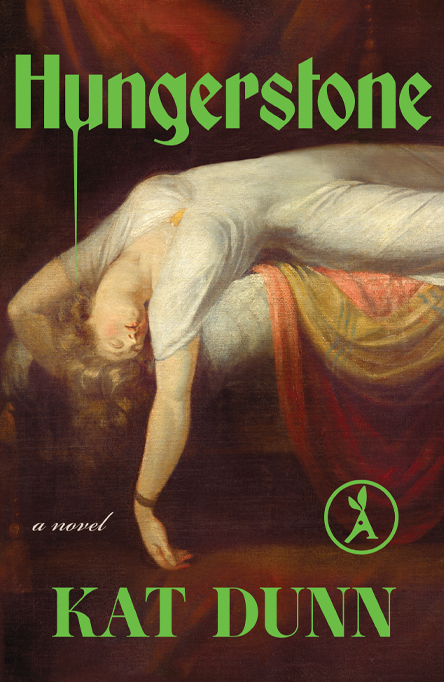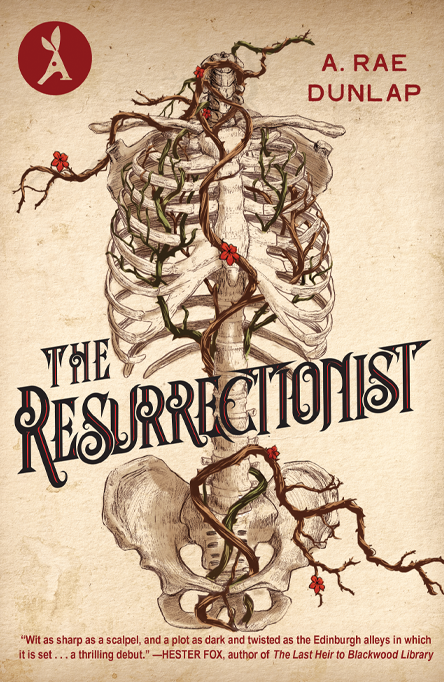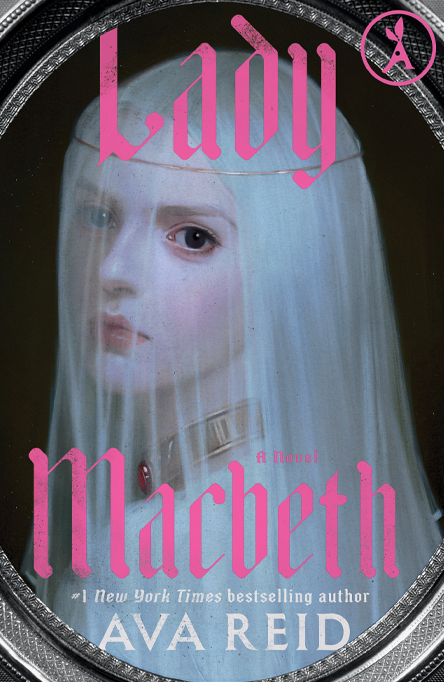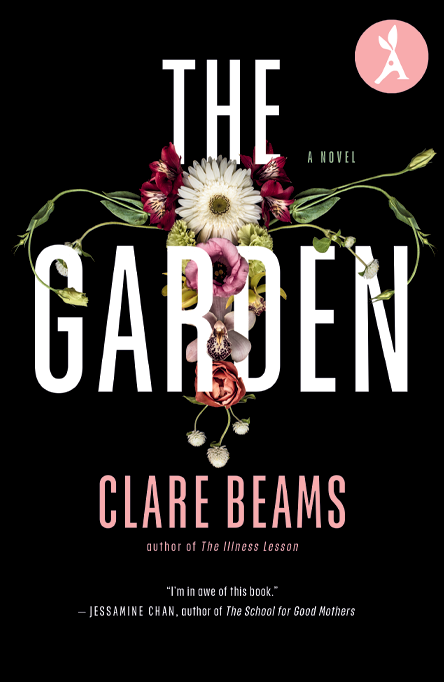“A dark and heady dream of a book” (Alix E. Harrow) about a ruined mansion by the sea, the djinn that haunts it, and a curious girl who unearths the tragedy that happened there a hundred years previous.
Death, child death (off-page).
An Indie Next Pock, a Libraryreads Pick, an ABA Indie Next Pick for Jan 2024!
Akbar Manzil was once a grand estate off the coast of South Africa. Nearly a century later, it stands in ruins: an isolated boardinghouse for eclectic misfits, seeking solely to disappear into the mansion’s dark corridors. Except for Sana. Unlike the others, she is curious and questioning and finds herself irresistibly drawn to the history of the mansion: To the eerie and forgotten East Wing, home to a clutter of broken and abandoned objects—and to the door at its end, locked for decades.
Behind the door is a bedroom frozen in time and a worn diary that whispers of a dark past: the long-forgotten story of a young woman named Meena, who died there tragically a hundred years ago. Watching Sana from the room’s shadows is a besotted, grieving djinn, an invisible spirit who has haunted the mansion since her mysterious death. Obsessed with Meena’s story, and unaware of the creature that follows her, Sana digs into the past like fingers into a wound, dredging up old and terrible secrets that will change the lives of everyone living and dead at Akbar Manzil. Sublime, heart-wrenching, and lyrically stunning, The Djinn Waits a Hundred Years is a haunting, a love story, and a mystery, all twined beautifully into one young girl’s search for belonging.
Don't just take our word for it...
“Haunting and healing, The Djinn Waits a Hundred Years, with its shades of The House of Spirits and Rebecca, is one of the best books I’ve read this year…Khan’s gorgeous writing lays bare what it means to love, grieve, haunt and, ultimately, let go.”
– Sarah Addison Allen, New York Times bestselling author of Other Birds and Garden Spells
“Dazzling…a magical and richly atmospheric gothic coming-of-age tale…Cinematic in scope and rendered in redolent prose, The Djinn Waits a Hundred Years is a deeply immersive and inventive exploration of the many facets of love, loneliness and grief. Khan’s descriptions of Durban ground the story despite its fantastical elements, making the novel all the more compelling. Fueled by its vivid details, bewitching setting and a colorful cast of characters (including the house Akbar Manzil itself ), this engrossing read acts as a potent reminder that the past does not merely hold the power to hurt us, but also to heal us.”
– BookPage
“Filled with wonder and colour, the secrets of the dilapidated mansion Akbar Manzil come to life in this rich tale of loss and love. The arrival of 15 year old Sana, who is herself haunted, is the catalyst that revives long-forgotten memories, as well as the spirit that still lingers in the empty rooms. I was enthralled and completely swept away by Khan’s masterful unspooling of family secrets, fatal jealousy, and a love that endures after death.”
– Yangsze Choo, New York Times bestselling author of The Night Tiger
Taste the very first page
Prologue: 1932
In an old wardrobe a djinn sits weeping.
It whimpers and murmurs small words of complaint. It sucks its teeth and berates the heavens for its fate. It curses the day it ever entered this damned house. It closes its eyes and tries to imagine a time before it came here, before it followed the sound of stars from the shore, before the world turned dark and empty.
Something thuds somewhere and the djinn is drawn from its misery by a commotion happening outside. It stops to listen and sounds begin to emerge; doors bang, windows shut, and things are thrown about. There are shouts as orders are given and people hurry through passages. They run up and down and bump heavy things along the stairs.
The djinn pauses, then it uncurls its limbs, swings open the cupboard, and steps out.
There is the patter of footsteps, then the front door slams downstairs and everything is suddenly still.
You might also like
LGBTQIA+Gothic FictionIncludes a DogHorrorHistorical Fantasy
Blood on Her Tongue
Lucy's twin sister Sarah is unwell. She refuses to eat, mumbles nonsensically, and is increasingly obsessed with a centuries-old corpse recently discovered on her husband's grand estate.
LGBTQIA+Gothic FictionHorrorHistorical Fantasy
Hungerstone
A compulsive feminist reworking of Carmilla, the queer novella that inspired Dracula.
HistoricalDebut NovelLGBTQIA+Gothic FictionDark Academia
The Resurrectionist
A twisty gothic debut set when real-life serial killers Burke and Hare terrorized the streets of Edinburgh, as a young medical student is lured into the illicit underworld of body snatching.
Gothic FictionHistorical Fantasy
Lady Macbeth
A reimagining of Lady Macbeth, Shakespeare’s most famous villainess, giving her a voice, a past, and a power that transforms the story men have written for her.
The Garden
The discovery of a secret garden with unknown powers fuels this page-turning and psychologically thrilling tale of women yearning to become mothers and the ways the female body has always been policed and manipulated.
